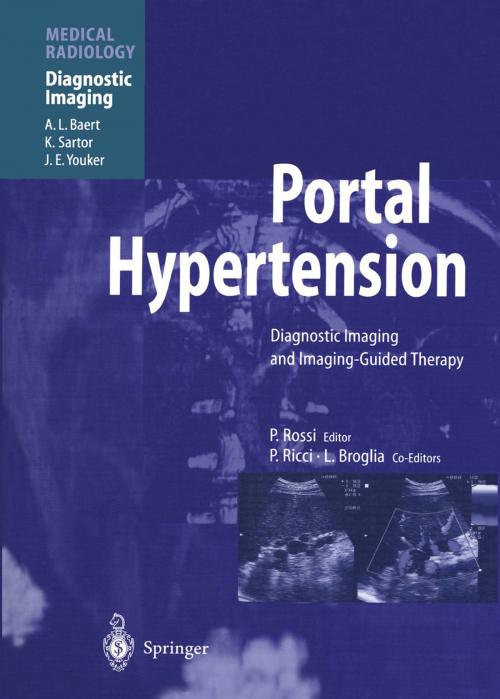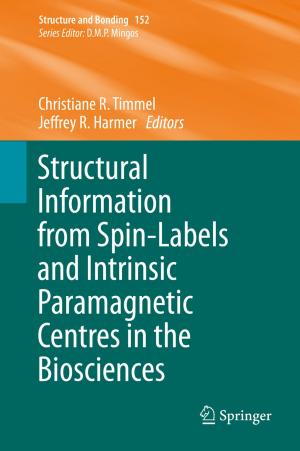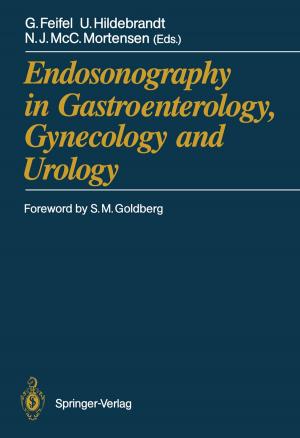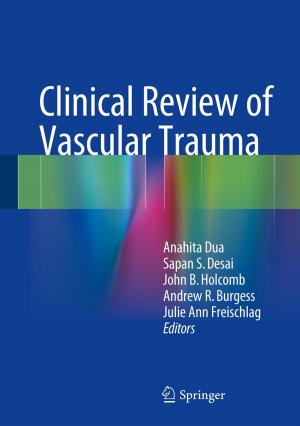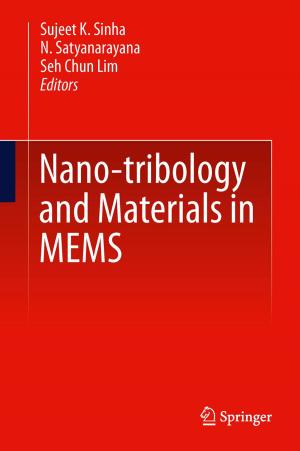Portal Hypertension
Diagnostic Imaging and Imaging-Guided Therapy
Nonfiction, Health & Well Being, Medical, Medical Science, Biochemistry, Specialties, Internal Medicine, Gastroenterology| Author: | P. Ricci, L. Broglia | ISBN: | 9783642571169 |
| Publisher: | Springer Berlin Heidelberg | Publication: | December 6, 2012 |
| Imprint: | Springer | Language: | English |
| Author: | P. Ricci, L. Broglia |
| ISBN: | 9783642571169 |
| Publisher: | Springer Berlin Heidelberg |
| Publication: | December 6, 2012 |
| Imprint: | Springer |
| Language: | English |
Portal hypertension is a relatively common condition, the complications of which are frequently life threatening. Patients with portal hypertension represent an important por tion of the daily clinical work of abdominal radiologists, gastroenterologists and abdominal surgeons. During the past two decades the development of new radiological devices and of new percutaneous image-guided treatment methods has resulted in fundamental changes in the clinical management of patients with portal hypertension. During the same period tremen dous progress was achieved in the visualization of the numerous morphological and func tional changes observed in patients with portal hypertension, due to the clinical introduc tion of the new cross-sectional imaging methods: ultrasonography, computed tomography and magnetic resonance imaging. I am very grateful to Prof. Plinio Rossi, an internationally recognized leader in the field of interventional radiology, for accepting the challenging task of compiling and presenting in a structured way the numerous facts and data that have become available during the past few years in this rapidly developing field. The editor has been inspired and successful in his selection of the impressive group of international experts that has contributed to many chapters of this volume.
Portal hypertension is a relatively common condition, the complications of which are frequently life threatening. Patients with portal hypertension represent an important por tion of the daily clinical work of abdominal radiologists, gastroenterologists and abdominal surgeons. During the past two decades the development of new radiological devices and of new percutaneous image-guided treatment methods has resulted in fundamental changes in the clinical management of patients with portal hypertension. During the same period tremen dous progress was achieved in the visualization of the numerous morphological and func tional changes observed in patients with portal hypertension, due to the clinical introduc tion of the new cross-sectional imaging methods: ultrasonography, computed tomography and magnetic resonance imaging. I am very grateful to Prof. Plinio Rossi, an internationally recognized leader in the field of interventional radiology, for accepting the challenging task of compiling and presenting in a structured way the numerous facts and data that have become available during the past few years in this rapidly developing field. The editor has been inspired and successful in his selection of the impressive group of international experts that has contributed to many chapters of this volume.
